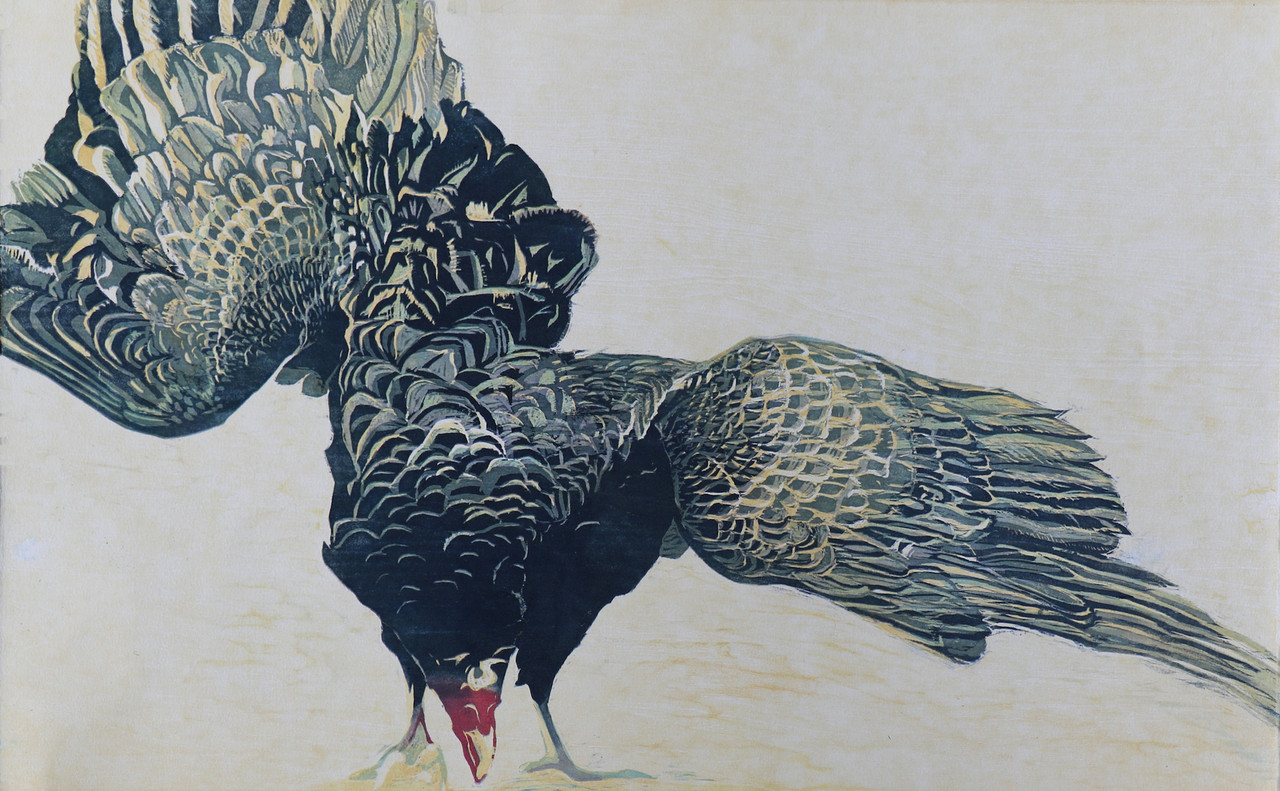
Description
In this workshop, we will take an in-depth dive into the intricate process of multi-color woodcut reduction printing. Over the course of three days, we will explore the full range of techniques involved in this traditional printmaking method. The workshop will begin with a discussion of design principles, helping participants to plan and visualize their final print. We will then move into the technical aspects, including carving techniques, block preparation, and how to carefully layer colors using the reduction method. Emphasis will also be placed on color mixing to achieve rich, vibrant results and how to properly prepare paper for printing. Additionally, we will cover key techniques for achieving precise registration, ensuring that each color layer aligns correctly in the final print. Throughout the workshop, we will focus on ink application and the use of different tools to achieve desired textures and effects. By the end of the course, participants will have gained a thorough understanding of the multi-color woodcut reduction process and will have created their own hand-pulled prints to take home.
About the Instructor
Melinda Plank is often asked why woodcuts? She admits that it is time consuming, difficult to correct mistakes, and unforgiving. Part of the answer is that she likes the convoluted process, but she also finds that the results are often more evocative, and powerful than when she works in other mediums. Wood becomes part of the creative conversation, forcing her to refine and simplify what she wants the piece to convey.
Her work, influenced by a cattle ranching heritage, explores the fragility and wonder of species interdependencies. A signature member of the Society of Animal Artists, and Artists for Conservation, she often partners with conservancy groups. Plank’s work is in the permanent collections of the Leigh Yawkey Museum in Wisconsin and the Maryhill Museum of Fine Art in Washington.
Learn More
www.whipplesmithplank.com
Materials List
You will need to bring:
Woodcarving kit, (suggest McClains or Lee Valley Tools)
Soft and hard lead pencils
A few colored pencils
Sketchbook or paper
Apron or paint shirt
Reference materials
Provided by instructors:
Wooden plates
Ink
Glass surfaces for mixing
Brayers
Mixing knives
Shellac
Cleaning supplies
Wession oil
Simple green
Windex
Paper towels
Gloves
Print paper